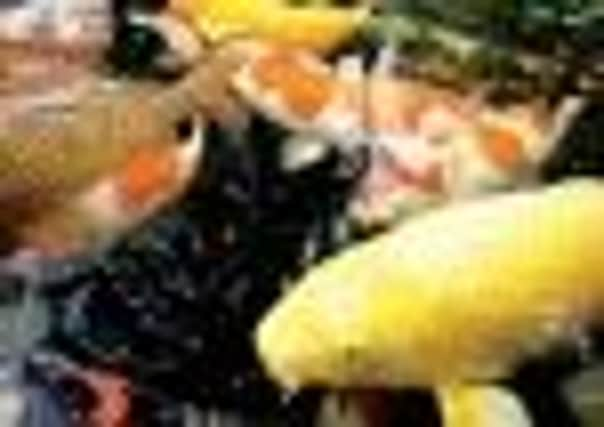Better safe than sorry


Gardens can be turned into wildlife havens by growing a wide variety of plants to provide food and shelter for all kinds of creatures. But from time to time, chemicals come into the equation in the battle against bugs and weeds.
So the Royal Society for the Protection of Birds and the Crop Protection Association have joined forces to warn of the potential dangers of garden chemicals.
Advertisement
Hide AdAdvertisement
Hide AdThey are also warning that safe disposal is as important as safe use. Incorrect disposal can lead to a risk of water pollution that could potentially be harmful to wildlife.
The two organisations have issued guidance in a new leaflet, distributed to garden centres around the UK.
Do not buy more than you need
Read the label and use according to instructions
Check for any restrictions on use – ie near ponds, fish tanks etc
Use appropriate equipment to apply the chemical
Accurately measure the product. Don’t make up more than you need
Advertisement
Hide AdAdvertisement
Hide AdOnly use on the area/plants where you identify a problem that needs tackling
Spray early morning or late evening when bees and other insects are less active
Spray in calm conditions, avoid spraying in strong sunshine and before or just after rain
Consider Ready to Use products which can be reused until empty and disposed of in household waste
Ways to ensure safe disposal:
Use up surplus spray solution by applying on the areas covered by the approved use
Never dispose of unwanted products, diluted products or rinsings in household drains or ditches